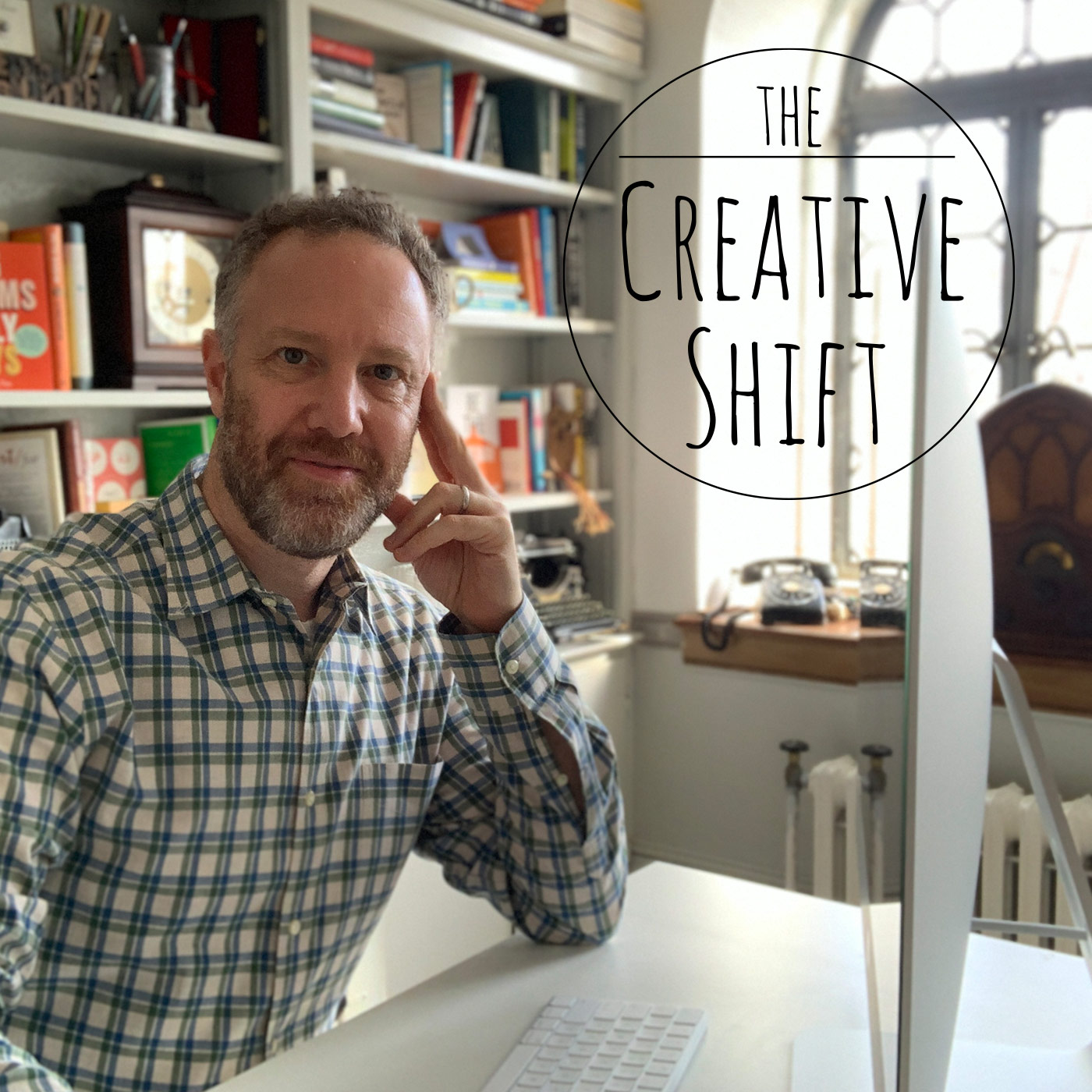
The Resilient Writers Radio Show
Welcome to the Resilient Writers Radio Show! This is the podcast for writers who want to create and sustain a writing life they love. It's for writers who love books, and everything that goes into the making of them. For writers who wanna learn and grow in their craft, and improve their writing skills. Writers who want to finish their books, and get them out into the world so their ideal readers can enjoy them, writers who wanna spend more time in that flow state, writers who want to connect with other writers to celebrate and be in community in this crazy roller coaster ride we call “the writing life.”
The Resilient Writers Radio Show
How to Tell the Truth in Your Novel, with Shani Mootoo
Send us a text! We'd love to hear your thoughts on the show.
If you’ve ever wondered how a writer turns the messiness of lived experience into a story readers can’t put down, this conversation with Shani Mootoo will light you up.
Shani—novelist, poet, and visual artist—joins me to talk about her newest book, Starry Starry Night, a work that took root more than 35 years ago and slowly transformed from raw, private pages into a fiercely crafted novel.
Shani shares how, in her early years, she was primarily a visual artist and video maker with zero intention of writing. Still, she found herself “brooding,” jotting things down that troubled her. Those notes eventually turned into about 65 pages—never meant for public eyes—until a mentor quietly slipped them to a publisher.
What followed was a career of nine books (including one of my all-time favorites Cereus Blooms at Night!), poetry, awards, and the long apprenticeship required to write this book the way it needed to be written.
We talk about the slippery line people call “auto-fiction” and why that label can be too reductive. Shani describes the deliberate choice to keep the narrator’s point of view rooted in childhood—from ages four to twelve—without letting her adult intelligence step in to explain.
That decision demanded astonishing restraint: a child doesn’t analyze; she perceives, and those perceptions must carry the weight of the story. Shani also reflects on the power (and difficulty) of “becoming every character,” including the abuser in Cereus Blooms at Night, to portray complex human beings rather than one-note villains.
You’ll hear how attention to language—word choice, sentence placement, even a single comma—reshaped Shani’s understanding of the story over time. We touch on family, secrecy, memory, and the tender urge to honor the child we once were.
There’s a beautiful moment about her father’s final encouragement—“Don’t censor yourself”—and what that permission unlocked. We also talk about epigraphs, photographs (yes, there are real family photos in the book), and how visual art and writing cross-pollinate in her creative life.
If you care about voice, point of view, and truth-telling on the page, this episode is for you.
Podcasts we love
Check out these other fine podcasts recommended by us, not an algorithm.

The Balanced Creative
Chelene Knight
Pencils&Lipstick podcast
Kat Caldwell
I Should Be Writing
Mur Lafferty
The Creative Shift with Dan Blank
Dan Blank
The Shit No One Tells You About Writing
Bianca Marais, Carly Watters and CeCe Lyra
Six Figure Authors
Lindsay Buroker

